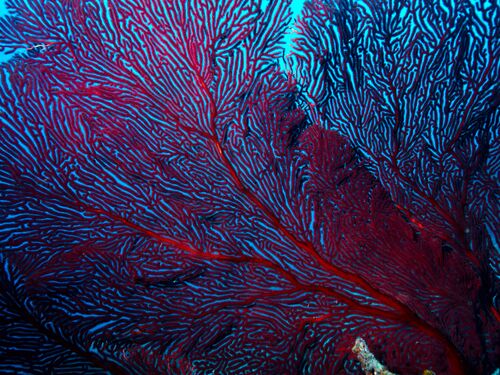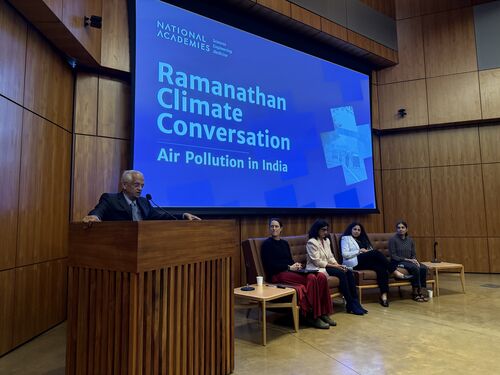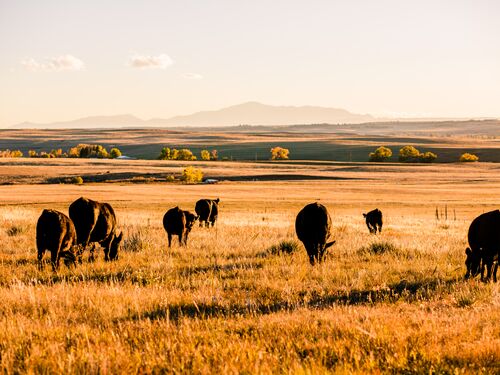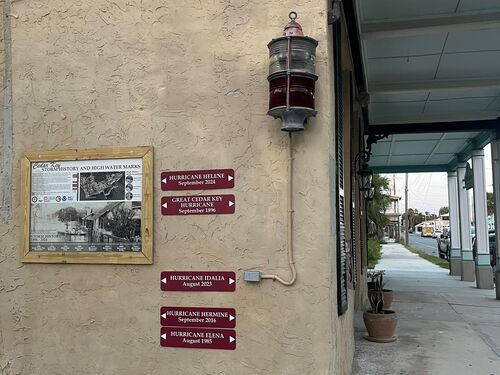National Academies’ Gulf Research Program Announces Six Early-Career Research Fellows Focused on Offshore Energy Safety
Program News
By Pete Nelson
Last update January 20, 2022
WASHINGTON — Six scientists have been selected for the Offshore Energy Safety track of the Early-Career Research Fellowship (ECRF), announced the Gulf Research Program of the National Academies of Sciences, Engineering, and Medicine. During the two-year program, which started Jan. 1, 2022, the fellows will contribute to the advancement of safer, more reliable, and more efficient offshore energy operations in the U.S. Gulf of Mexico.
Since the Deepwater Horizon disaster in 2010, efforts have persisted to make offshore energy operations safer and more environmentally responsible. However, today’s offshore oil and gas personnel must be prepared for a variety of scenarios — including stronger hurricanes and other climate disasters, aging infrastructure, human error, and cybersecurity issues. The six fellows selected for the ECRF Offshore Energy Safety track will pursue projects with the aim of understanding, managing, and reducing systemic risk to offshore energy production and transportation.
The fellows’ work could include documenting lessons learned from past emergencies and near-misses to encourage data-sharing on these incidents; developing measures that enhance offshore energy safety culture; and identifying, tracking, and anticipating how oil spills impact human health and the environment.
Now in its seventh year, the ECRF fellowship awards $76,000 to early-career scientists at colleges, universities, research institutions, and within industry. The unrestricted funding allows fellows to pursue bold and novel research that they otherwise might not be able to conduct. In addition to producing in-depth, cutting-edge research, fellows will also build relationships with industry, regulators, academic researchers, and other stakeholders involved in offshore energy safety.
“Safe, reliable offshore operations will ensure the Gulf is a beacon of innovation, energy security, and economic opportunity. These exceptional Early-Career Research Fellows are working every day to pursue new research, technical capabilities, and approaches that promote environmental stewardship and ensure the safety of hardworking crews offshore,” said Karena Mary Mothershed, program head and senior program manager for the Gulf Research Program’s Board on Gulf Education and Engagement. “We are incredibly excited to announce this cohort of fellows, and to continue supporting them as they take on some of the biggest challenges in the offshore energy sector.”
The incoming fellows offer diverse technical backgrounds and experiences, and they represent communities throughout the five Gulf States. Their areas of expertise include mitigating oil and gas workers’ safety risks, including fatigue and stress-related issues; improving the effectiveness of emergency response; advancing technology through better materials selection and design; and understanding how pollutants disperse after oil spills.
The six fellowship recipients are:
Irfan Khan
Assistant Professor, Department of Marine Engineering Technology
Texas A&M University, Galveston
Ranjana Mehta
Associate Professor, Department of Industrial and Systems Engineering, and Presidential Impact Fellow
Texas A&M University
Paul Miller
Assistant Professor, Department of Oceanography and Coastal Sciences
Louisiana State University
Brendy Rincon
Assistant Professor, Department of Mechanical Engineering, and Adjunct Professor, Department of Civil and Environmental Engineering
University of Texas at San Antonio
Changwon Son
Assistant Professor, Department of Industrial, Manufacturing, and Systems Engineering
Texas Tech University
Binbin Wang
Assistant Professor, Department of Civil and Environmental Engineering
University of Missouri
Offshore Energy Safety is one of four ECRF fellowship tracks. Fellowship recipients for two other tracks, Environmental Protection and Stewardship and Human Health and Community Resilience, were announced last year. In mid-2022, the Gulf Research Program will open applications for a new Education Research track, which will focus on contributing to the advancement of K-12 educational equity related to science and environmental literacy in the Gulf of Mexico region or Alaska by considering the recent impact of disasters on educational opportunities for students in vulnerable communities.
To learn more about the Gulf Research Program’s Early-Career Research Fellowships, visit nationalacademies.org/our-work/early-career-research-fellowship.
The National Academies’ Gulf Research Program is an independent, science-based program founded in 2013 as part of legal settlements with the companies involved in the 2010 Deepwater Horizon disaster. It seeks to enhance offshore energy system safety and protect human health and the environment by catalyzing advances in science, practice, and capacity to generate long-term benefits for the Gulf of Mexico region and the nation. The program has $500 million for use over 30 years to fund grants, fellowships, and other activities in the areas of research and development, education and training, and monitoring and synthesis. Visit nationalacademies.org/gulf/gulf-research-program to learn more.
The National Academies of Sciences, Engineering, and Medicine are private, nonprofit institutions that provide independent, objective analysis and advice to the nation to solve complex problems and inform public policy decisions related to science, technology, and medicine. The National Academies operate under an 1863 congressional charter to the National Academy of Sciences, signed by President Lincoln. For more information, visit nationalacademies.org/about.
Contact:
Stephanie Miceli, Media Relations Officer
Office of News and Public Information
202-334-2138; e-mail news@nas.edu
More like this
Discover
Events
Right Now & Next Up
Stay in the loop with can’t-miss sessions, live events, and activities happening over the next two days.
NAS Building Guided Tours Available!
Participate in a one-hour guided tour of the historic National Academy of Sciences building, highlighting its distinctive architecture, renowned artwork, and the intersection of art, science, and culture.



